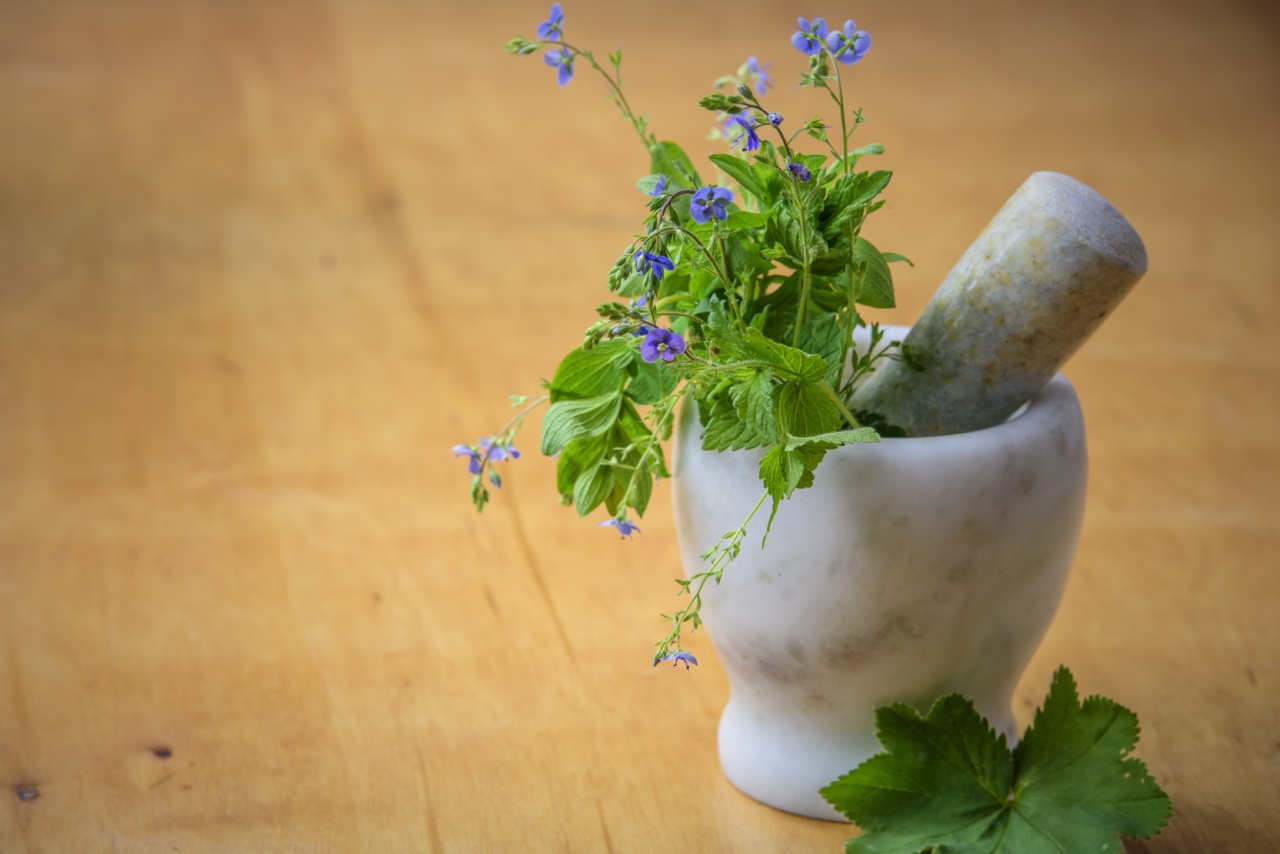Mint is a popular herb that is widely used in different cuisines and for medicinal purposes. It is a versatile plant that has various uses in food, cosmetics, and medicine.
The mint plant contains various essential oils such as menthol and menthone, which are the primary source of its distinctive aroma and flavor. It is used to treat various ailments such as headaches, nausea, indigestion, and respiratory problems.
The Nutritional Benefits of Mint Leaves
Mint leaves are a rich source of vitamins and minerals such as vitamin C, vitamin A, calcium, and potassium. Vitamin C is a potent antioxidant that helps to protect the body against cell damage caused by oxidative stress.
Calcium is essential for strong bones and teeth, while potassium is necessary for healthy heart function.
Mint for Digestive Health
Mint is known for its digestive properties and is often used as a natural remedy for indigestion, bloating, and other digestive disorders.
It contains compounds that stimulate the production of digestive enzymes, and its anti-spasmodic properties help to relieve cramps and stomach discomfort. Mint also acts as a natural appetite suppressant, which makes it an excellent herb for weight loss.
Mint for Respiratory Health
Mint is an excellent herb for respiratory health due to its expectorant and decongestant properties. It can help to break up mucus and congestion in the chest and sinuses, making it easier to breathe.
Mint also has anti-inflammatory properties, which can help to reduce inflammation in the airways and alleviate symptoms of asthma and other respiratory disorders.
Mint for Skin Care
Mint leaves have antiseptic and anti-inflammatory properties, which make them an excellent natural remedy for various skin conditions such as acne, eczema, and dermatitis.
Mint leaves can be used to make a natural toner or face mask that helps to cleanse the skin and reduce inflammation. Mint oil is also an ingredient in many skin care products due to its refreshing and cooling sensation, which can help to reduce redness and irritation.
Mint for Oral Health
Mint is an essential ingredient in various oral care products such as toothpaste, mouthwash, and chewing gum.
It contains antibacterial and antifungal properties that can help to kill germs and bacteria in the mouth, preventing bad breath and gum disease. Mint also has a refreshing and cooling effect, which can help to soothe sore gums and reduce inflammation.
Mint for Headache Relief
Mint is a well-known natural remedy for headaches and migraines. The menthol in mint leaves has a cooling and analgesic effect that can help to relieve tension and reduce pain.
Mint oil can be massaged on the temples and forehead to soothe headaches and promote relaxation.
Mint for Menstrual Cramps
Mint can help to relieve menstrual cramps and other menstrual-related symptoms such as nausea and fatigue. It contains compounds that help to reduce inflammation and pain in the body.
Mint tea can be drunk during menstruation to help reduce cramps and promote relaxation.
Mint for Allergies
Mint leaves contain rosmarinic acid, which acts as a natural antihistamine and can help to relieve allergy symptoms such as sneezing, runny nose, and itchy eyes.
Mint is also an excellent natural remedy for skin allergies, as it can help to reduce inflammation and redness.
Mint for Stress Relief
Mint is known for its calming and soothing effects, making it an excellent natural remedy for stress and anxiety. It contains compounds that help to reduce cortisol levels in the body, which is the hormone that causes stress.
Mint tea can be drank to promote relaxation and reduce stress levels.






























